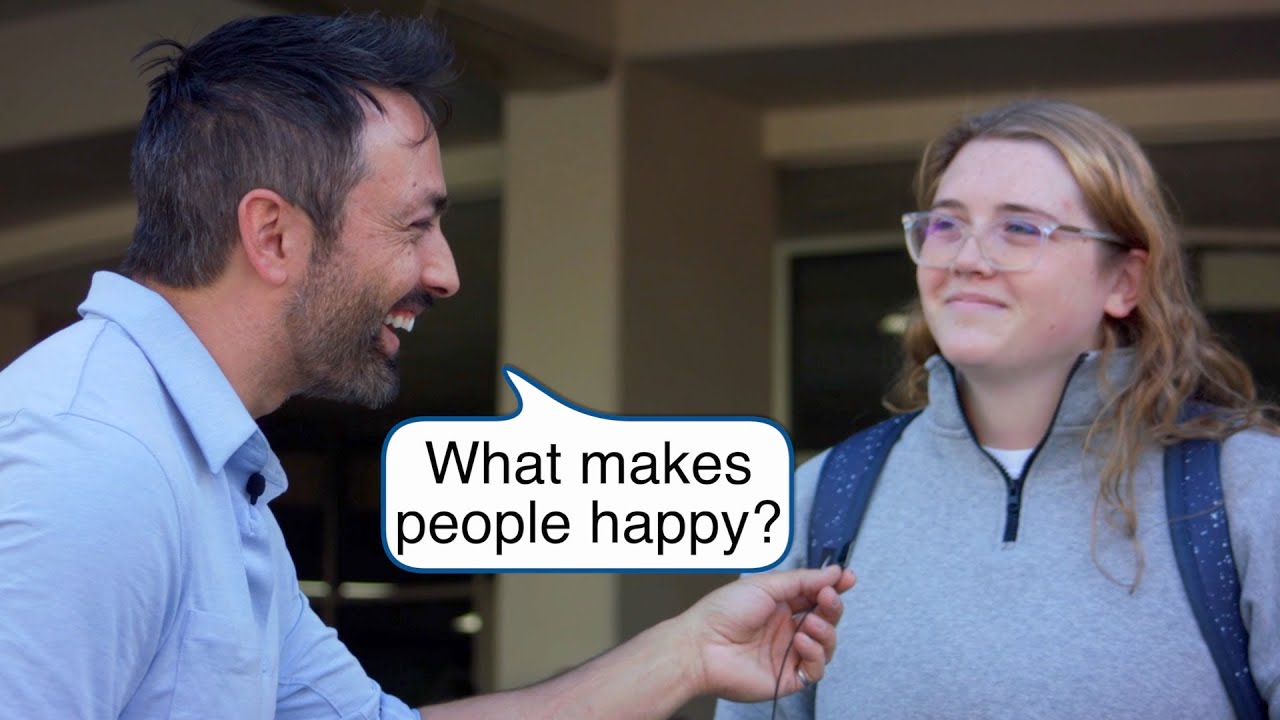Research into the origins and contributors to human happiness and satisfaction with life sounds like a pretty “woo woo” subject, but for many years conducting it out of an Ivy League university and calling it the “Harvard Study of Adult Development” would have given it a veneer of authority and respectability. Today, well, make up your own mind. Beginning with a group of 268 Harvard sophomores in 1938, participants were tracked throughout their lives, with regular interviews and medical evaluations following their life trajectories. Some went on to become figures of note, such as U.S. president John F. Kennedy and Washington Post editor Ben Bradlee. The original study was expanded to include the offspring of the original group, and in 1970s, a separate study, later consolidated, followed 456 residents of inner-city Boston. A Harvard Gazette article from 2017, “Good genes are nice, but joy is better”, discusses the history of this eight decade longitudinal study and the conclusions drawn from it.
It is perhaps appropriate that the Veritasium episode discussing this intrusive Harvard “research”, poking around into the details of its participants’ lives, is sponsored by “BetterHelp”, a provider of “online mental health services”, which was found in March, 2023 by the U.S. Federal Trade Commission (FTC) to have disclosed clients’ private health information to advertisers including Facebook, Snapchat, Criteo, and Pinterest, and ordered the company to pay US$7.8 restitution to customers for this breach of trust. See the 2023-03-03 FTC press release, “FTC says online counseling service BetterHelp pushed people into handing over health information – and broke its privacy promises”.
Although the exact wording changed over time, the company assured people that aside from a few narrow uses related to providing online counseling services, their private information would remain private. In addition, for more than three years, BetterHelp told people thinking about signing up for Faithful Counseling, Pride Counseling, or Teen Counseling that their email addresses would be “kept strictly private” and “never shared, sold or disclosed to anyone.”
⋮
Despite those promises, the FTC says BetterHelp used a wide variety of tactics to share the health information of over 7 million consumers with platforms like Facebook, Snapchat, Criteo, and Pinterest for the purpose of advertising. You’ll want to read the complaint for details, but here are just a few examples. In 2017, BetterHelp allegedly uploaded the email addresses of all current and former clients to Facebook – nearly 2 million in total – to target them with ads to refer their Facebook friends to BetterHelp for mental health services. During another period, the FTC says BetterHelp disclosed to Facebook for advertising purposes the previous therapy of 1.5 million people who visited or used BetterHelp’s site. The source of that information: their responses to the intake question “Have you been in counseling or therapy before?”
But that’s not all. …
